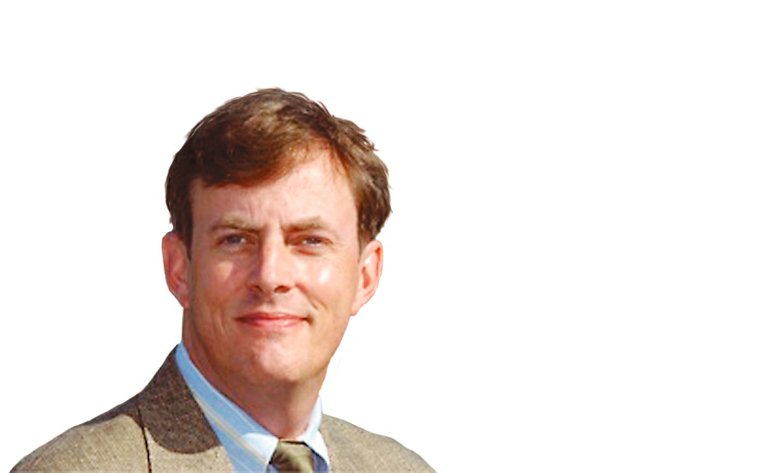It’s filing week in Washington, the time when candidates put their name on the line for a shot at being underpaid and under-appreciated — and that’s if they win.
Filing week is so early because state lawmakers keep moving up the primary for various stated reasons but with one actual result — Washington has one of the least patronized primaries in the nation. Somewhere around two-thirds of the 3,897,018 ballots that will be mailed to voters will not be used — at least not used to cast ballots.
That’s what happens when you ask voters to think about elections after Seahawks camp has begun and before the Mariners have been mathematically eliminated from the postseason.
Aug. 5 is the last day to postmark a ballot, but voting begins July 18. The only thing I want to be thinking about the last two weeks of July is whether my lawn might spontaneously combust.
As with nearly everything in public life, the real blame for the lack of participation falls upon the media. We didn’t cover the election enough or we scared away good candidates with all of this “accountability” journalism or we covered non-news like spontaneously combustible lawns.
To head off this criticism, I would like to present a primary primer. The first thing to know is that our partisan primary is nonpartisan. We do it this way because the political parties sued the voters of the state for approving something called the blanket primary. Under that system, which began in the 1930s, voters could hopscotch down the primary ballot, voting for a Republican in one office and a Democrat in the next.
The parties claimed they should be able to control who votes in “their” primaries and won. So the Legislature created the pick-a-party primary. Under that system, voters had to designate which party they supported even if it was only for that day.
The parties liked this system; the voters did not. So another initiative was filed to replace pick-a-party with a top-two primary, and 60 percent of state voters agreed. More lawsuits and lawyer bills came and went, but the U.S. Supreme Court, which had tossed out the blanket primary, said a top-two was just fine.
Which gets us to preferences. When they file with elections officials, candidates are asked to state their party preferences. If you think Twitter is hard, Washington requires candidates to summarize their entire political philosophy in 16 characters. By comparison, a 140-character tweet reads like the Magna Carta.
Puzzling labels
Most candidates — at least the ones who want to win — simply note that they prefer the Democratic Party or the Republican Party (the word “Party” doesn’t count against their 16-character quota, so everyone gets a free party). But some candidates declare some odd preferences (as opposed to some odd preferences they don’t declare). What do the following labels, used by actual candidates in actual top-two primaries, really mean? Here’s some help:
o Prefers “Independent Dem.” Party — Used by a Democrat in a Republican-leaning district so he can pretend he doesn’t like hanging with Democrats either.
o Prefers “Indep Republican” Party – see above.
o Prefers “Reluctantly R” Party — someone who wants to appeal to neither party.
o Prefers “Democrat” Party — Republicans like to say “Democrat” rather than “Democratic” for reasons I’ve never understood. Adopting the allegedly derogatory label identifies the candidate as a self-hating Democrat.
o Prefers “SeniorSide” Party — I’ve got nothing on this one.
o Prefers “Salmon Yoga” Party — well, that’s just obvious.
o Prefers “Grand Old” Party — using the somewhat archaic nickname for Republicans assures a candidate of winning the votes of all people older than 100.
o Prefers “Democratic-Repub” Party — channeling Thomas Jefferson.
o Prefers “Bull Moose” Party — channeling Teddy Roosevelt.
o Prefers “Lower Taxes” Party — yeah, who doesn’t?



